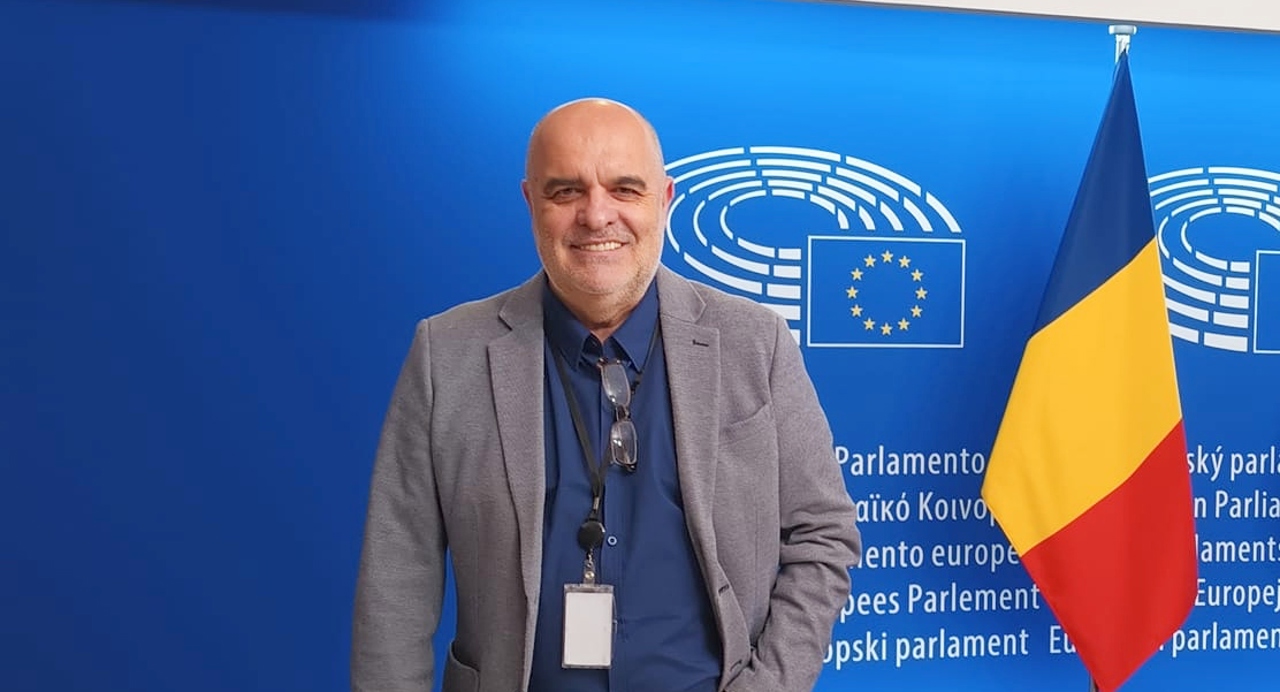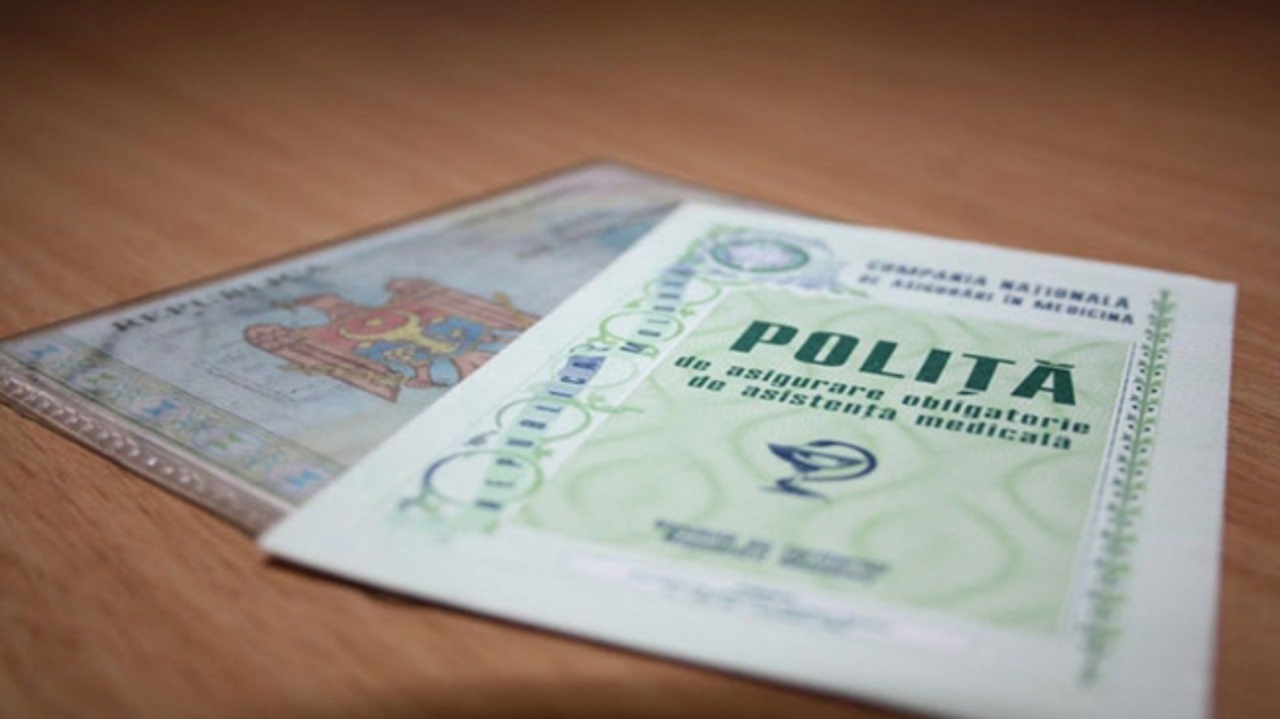The European Parliament elections this year are important for the Republic of Moldova
Interviewer: Moldova 1: Important elections await us in June - the elections for the European Parliament. The future of the Union will depend on the outcome of this ballot. But until then, what would be the stake of this year's European Parliament elections?

Ovidiu Nahoi: "Very important elections, perhaps more important than the previous ones, because the stake is the continuation, or not, of the European project until the end in these coordinates. An increasingly contested project from a branch that, well, is far from being majoritarian, but is increasingly vocal and vehement, coming in this idea of sovereignty, although at this moment the European Union needs, so to speak, of more Europe, of more common decisions, that go much further with economic reforms, with the simplification of the single market, with the increase of competitiveness, with the creation of large companies that are the so-called European champions, with the creation of a European sovereign fund, because only in this way can Europe resist global competition with these giants that are currently the United States and China. Each with its own challenges for the European Union, or there is no nation in Europe, whether larger or smaller, that could resist these global challenges on its own. We need to put more things in common and do more together. We will succeed in this, we will find the best solutions, this is ultimately the stake of these European elections. And, of course, the answer to the major security challenge coming from Russia."
Interviewer: In these elections we see a greater interest than in 2019. How could this be explained?
Ovidiu Nahoi: "Yes, it is understandable, because you see, from one electoral cycle to another, the European Union is becoming increasingly relevant in the daily lives of people. Already 60-70 percent of the regulations that guide economic and social life in Europe are European regulations. So any decision at European level counts a lot and, in recent years, some very important measures have been adopted at European Union level, since the debt crisis onwards, the way the Euro Crisis was managed in the 2010-2012 years, with common proposals, with that Six-Pack, with that control over budgets and debts, things inconceivable before that crisis. Then came the Covid crisis, with the joint purchase of vaccines. Imagine what it would have meant, the Republic of Moldova was outside this process, and remember what it meant to be outside that European space that pooled all its resources to buy vaccines and put its negotiating capacity together with the big companies to buy vaccines and to manage the crisis together. Then, linked to that health crisis, the "Next Generation EU" project, which followed with the pooling of debts, with the issuance of Eurobonds, all these decisions, not to mention the "Green Deal", a very powerful European project with multiple meanings and multiple influences in the economy, in social life, all these are decisions taken at European level. So, people have felt that what happens at European level affects their lives, sometimes for better, sometimes for worse, but in any case, it is important for their interests and their lives. As such, interest in these elections has also grown. Then, the European Parliament gained much more power after the Lisbon Treaty. It already has some powers on an equal footing with the Council of the Union, therefore with the representative of the governments, member states. The legislative process is much more relevant within the European Parliament than it was before. So that has also led to increased citizen interest in European affairs. So citizens understand that Europe has become a fact, that it is no longer an option. It exists, it is here and the important thing is how we manage it. You also see in these parties that are contesting the European project, which are considered anti-European. They no longer talk about exits, about taking their countries out of the European Union. They have seen that the UK made a mistake, anyone can see, with that Brexit, and now they come and propose another Europe, another kind of European construction. But they no longer say that the European Union must be abolished, we must leave and the European project must be abandoned. So, the European Union has become a fact and automatically interest has also increased."
Interviewer: And since you mentioned the Republic of Moldova, how important are these European Parliament elections for the Republic of Moldova and also, obviously, for Romania?
Ovidiu Nahoi: "For the Republic of Moldova, the context of the reform of European institutions is very important. Depending on the results of the European elections, a European Commission will be formed. A new European Commission that will be more favourable to enlargement, more favourable to the reform of the decision-making system in the European Union, or not. This depends on the vote of the citizens.
Translation by Iurie Tataru





